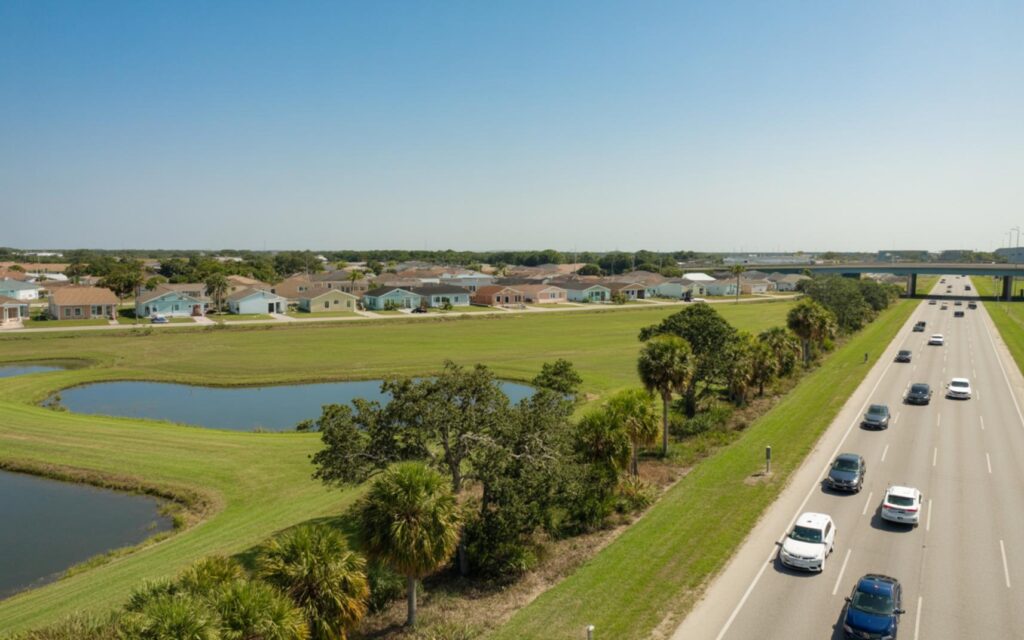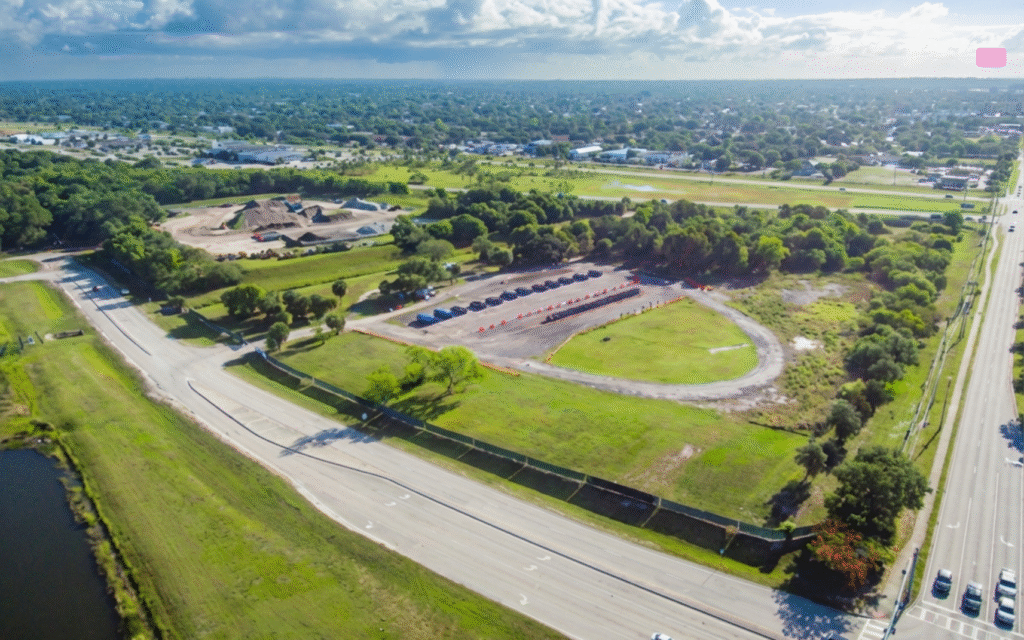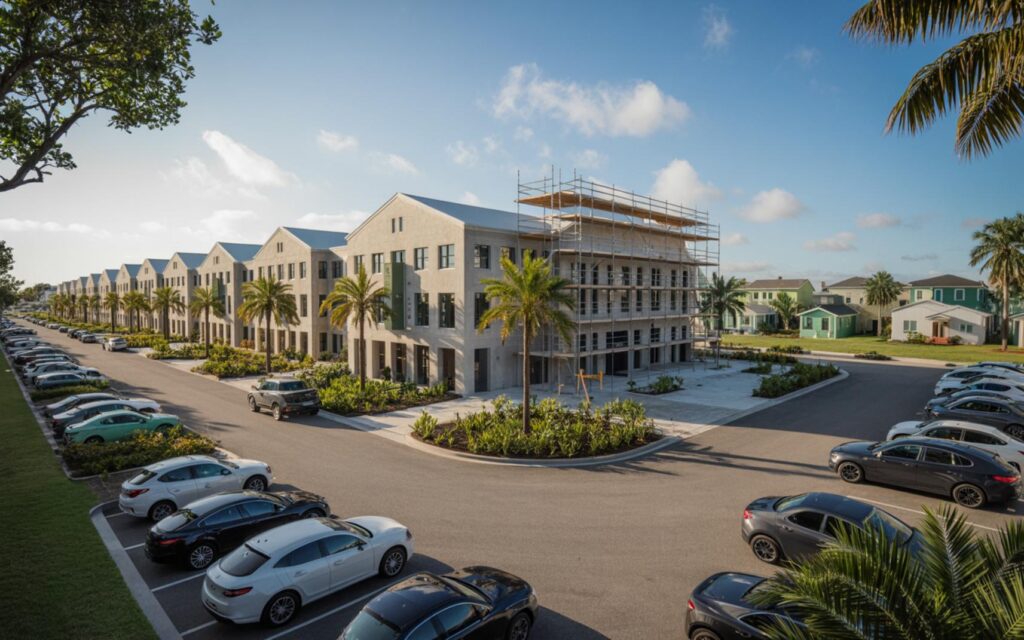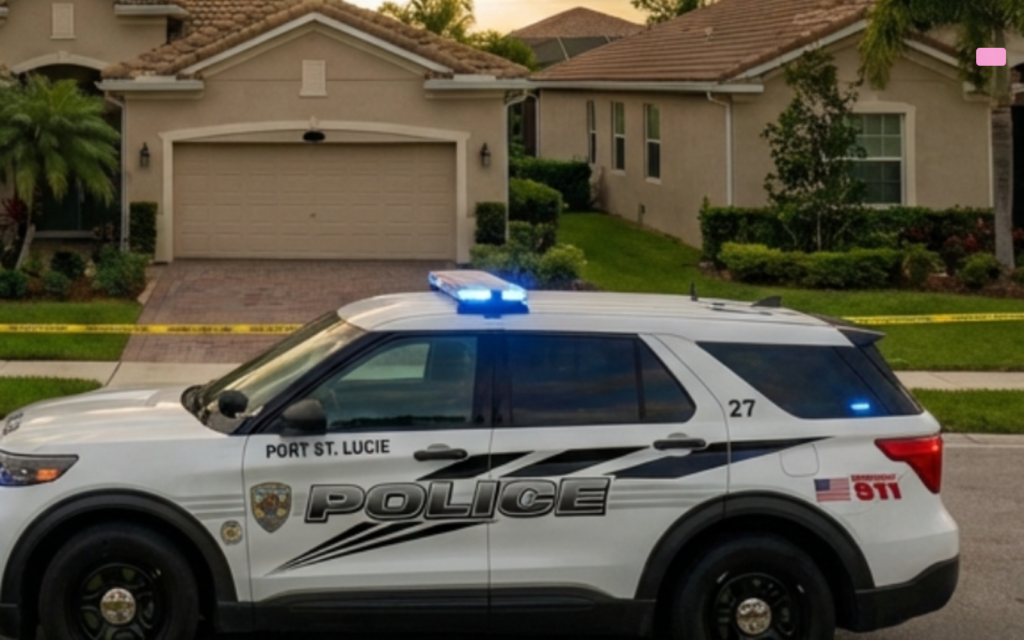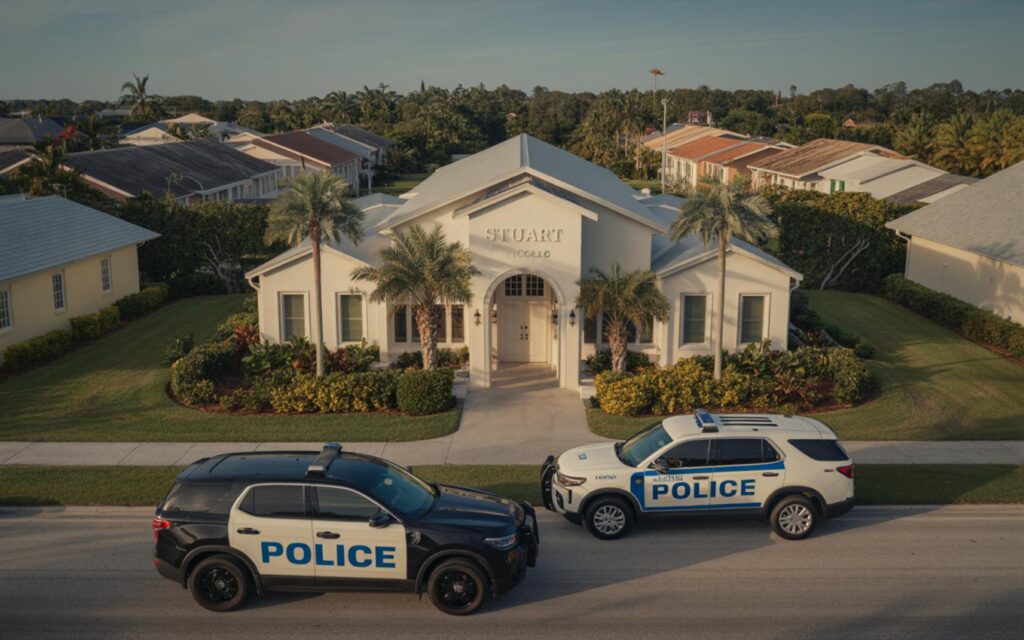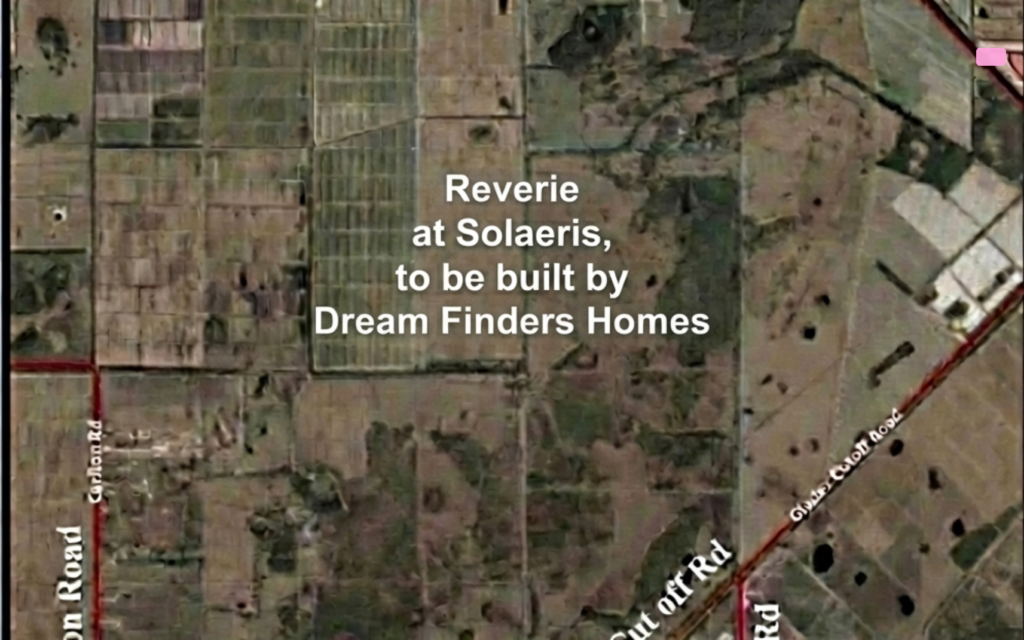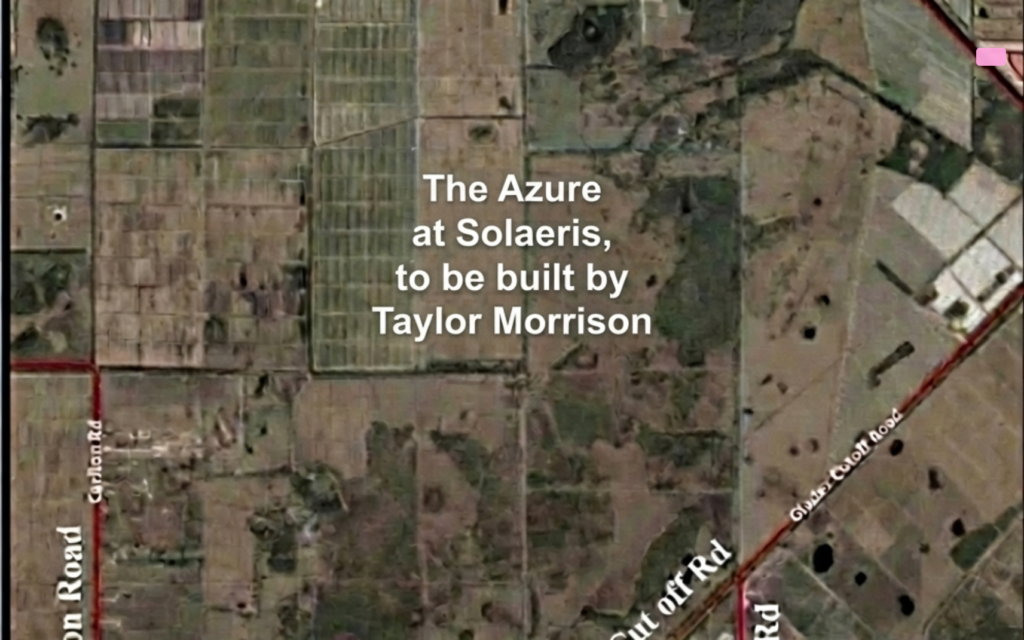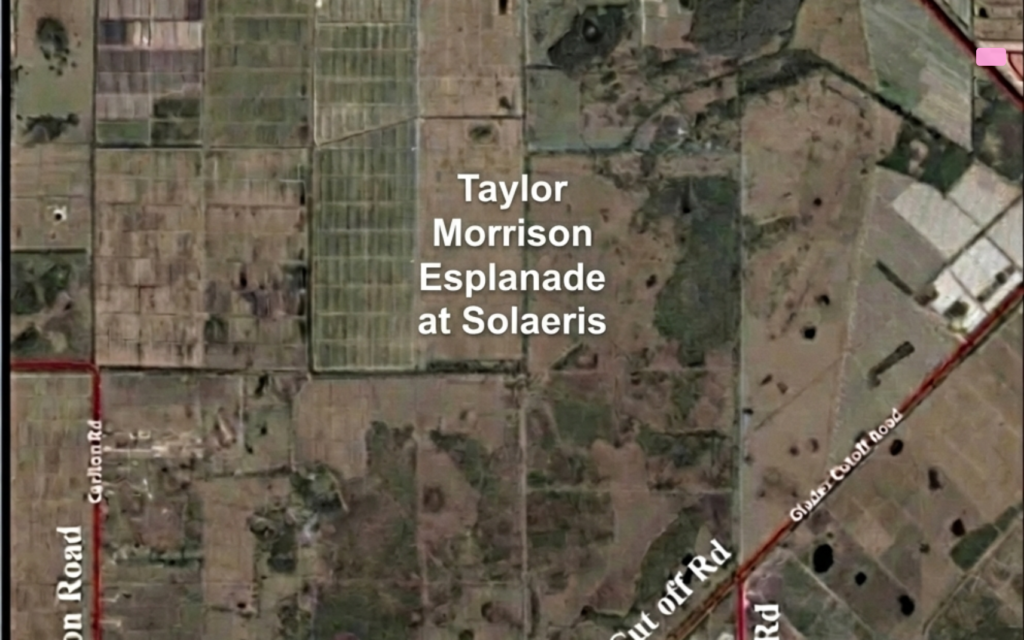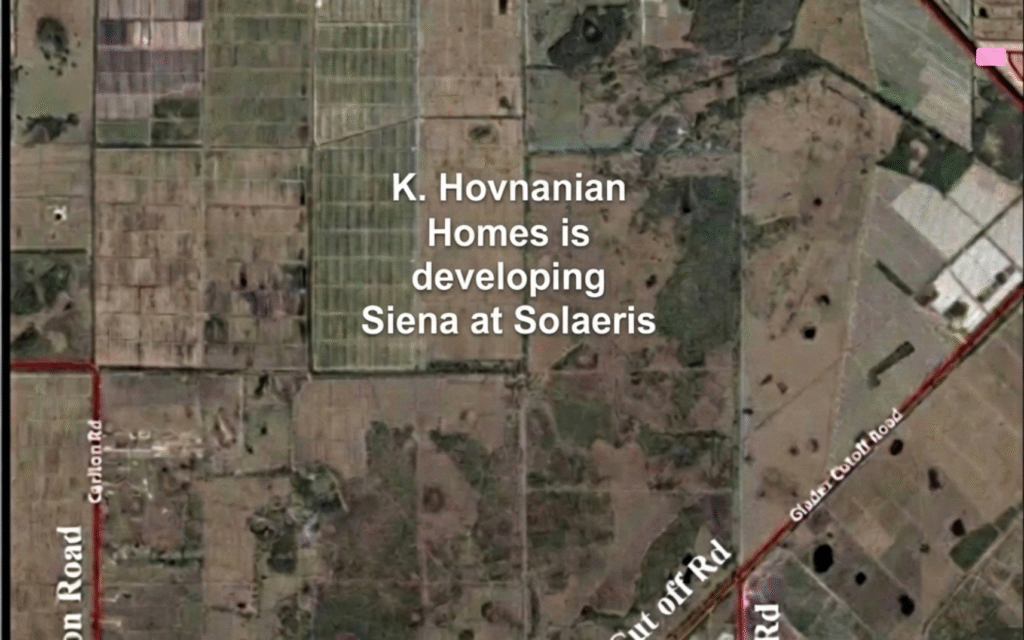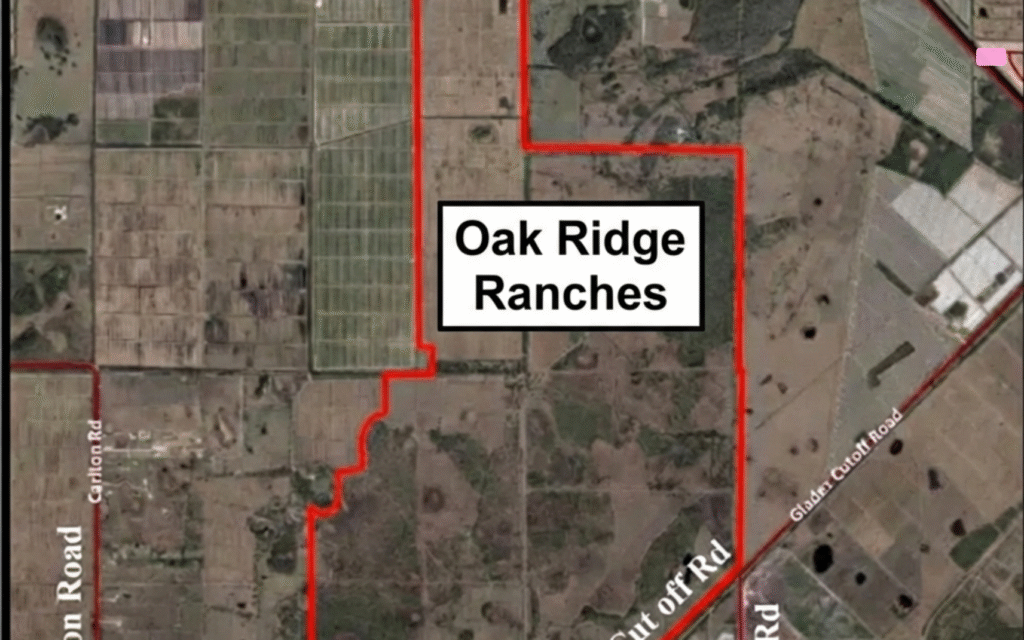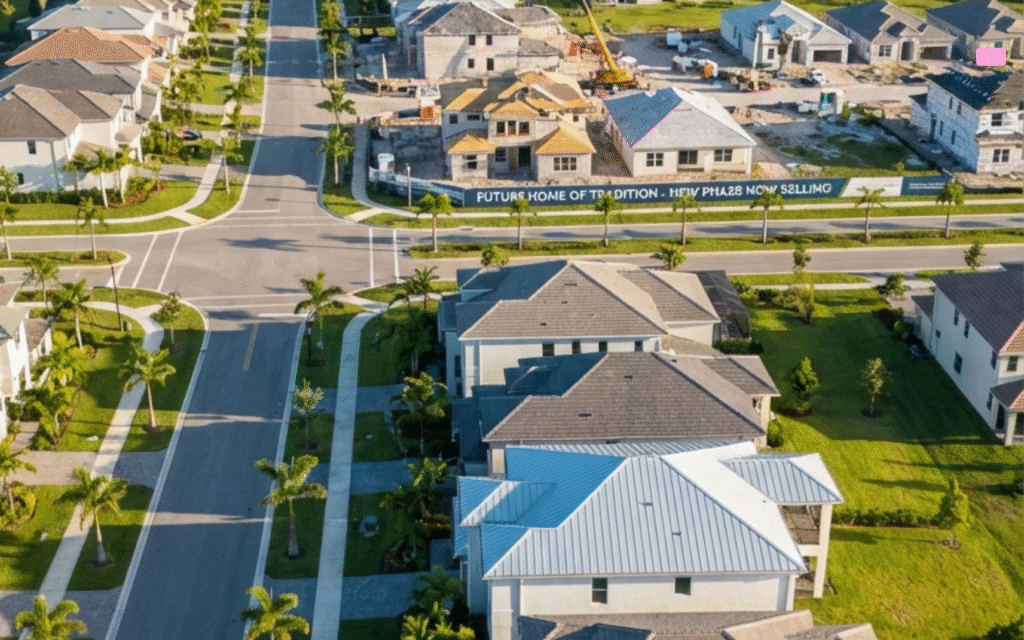Port St. Lucie city council recently rejected a proposal to rezone nearly 400 acres near Glades Cut Off Road and C-24 Canal Road for low-density residential use, a decision that would have allowed the construction of approximately 1,300 homes. This move highlights ongoing concerns about rapid residential growth in Port St. Lucie and reflects the city’s approach to balancing development with community needs.
Port St. Lucie Rezoning Proposal and Council Decision
The main rezoning proposal involved changing the permitted land use for a significant site in Port St. Lucie. The current zoning allows for about 500 residential units, but the developer’s request would have nearly tripled that number, increasing the housing capacity to around 1,300 homes.
According to city officials, the land is currently designated for a mix of uses, including commercial service, light and heavy industrial, residential, office, institutional, and open space. The proposed change would have shifted a large portion of the site toward residential development, raising concerns about infrastructure and quality of life impacts.
Existing Agreements and Authority Over Development
City officials referenced longstanding agreements with three developers that date back nearly 20 years. While these agreements remain in effect and cannot be nullified, officials emphasized their authority to deny new or amended development proposals. The council’s unanimous vote against the rezoning reflects a clear intent to manage the pace of residential growth.
According to the City of Port St. Lucie, the decision supports a broader strategy of controlled growth, responding to resident concerns about overdevelopment and the preservation of community character.
Community Concerns and Strategic Planning
Port St. Lucie is among the fastest-growing cities in the United States. City leaders have indicated that strategic planning is increasingly focused on balancing growth with the needs and preferences of current residents. Residents have expressed a desire for less rapid development, and officials have stated that future planning will prioritize community input and sustainable growth.
Recent city council discussions have highlighted the importance of affordable and attainable housing, while also considering the impacts of large-scale developments on traffic, schools, and local resources. The city’s housing initiative aims to address housing demand without overwhelming existing infrastructure.
Challenges of Rapid Growth in Port St. Lucie
Urban planners and experts note that fast-growing cities like Port St. Lucie face significant challenges in balancing housing demand with infrastructure, environmental concerns, and quality of life. Many recommend a measured approach to new housing, ensuring that growth does not outpace public services or negatively impact established neighborhoods.
- Infrastructure Capacity: Increased residential development can strain roads, utilities, and public services.
- Environmental Impact: Expanding housing may affect local ecosystems and open space.
- Community Character: Rapid growth can change the look and feel of existing neighborhoods.
According to city officials, these factors are central to ongoing planning discussions and influence decisions about future development proposals.
Broader Context in Florida
The debate in Port St. Lucie mirrors ongoing discussions in other Florida cities about managing population growth. Some municipalities have opted to limit new housing developments to preserve infrastructure capacity and community character. The balance between meeting housing demand and maintaining quality of life remains a key issue across the state.
Officials report that Port St. Lucie will continue to review development proposals carefully, with an emphasis on public input and sustainable planning. Details may be updated as city policies and strategic plans evolve.
Frequently Asked Questions About Port St. Lucie Rezoning
What is the recent Port St. Lucie rezoning decision?
The Port St. Lucie city council unanimously rejected a proposal to rezone nearly 400 acres near Glades Cut Off Road and C-24 Canal Road for residential use, which would have allowed about 1,300 new homes. The current zoning permits only around 500 residential units.
How much residential development is currently allowed on the site?
The existing land use permits approximately 500 residential units on the site. The rejected proposal would have nearly tripled this number.
Are there longstanding development agreements affecting the site?
Yes, city officials cited agreements with three developers that have been in place for nearly 20 years. These agreements remain valid, but the city can deny new or amended proposals.
Can you build new retirement communities in Port St. Lucie under current zoning?
New retirement communities, also known as 55+ or active adult communities, must comply with current zoning and land use rules. Any proposed changes require city council approval.
Where are most new housing developments located in PSL?
Most new housing developments in Port St. Lucie are found in areas with available land zoned for residential use. Specific locations depend on city planning and existing agreements with developers.

